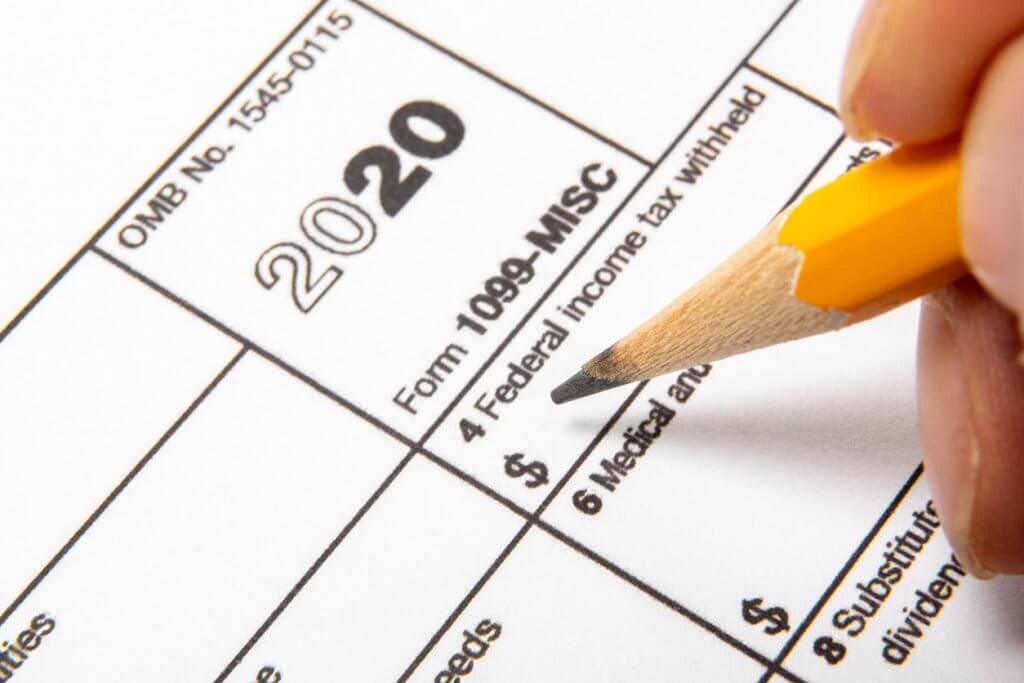
If you own a small business, you know that tax time equals crunch time. Although you have until April 15th to prepare your own taxes, you may be required to prepare certain tax-related documents much earlier. This is especially true if you use any vendors, sub-contractors, or other service providers that are not directly employed by your business.
If you do utilize any third-party vendors, more than likely you will be required to send them a 1099 form.
What is a 1099?
A 1099 form is a way for third-party contractors to account for their yearly earnings for their own tax purposes. There are a number of different 1099 forms all used to account for different types of income, but more than likely you will be using the 1099-misc form to account for the money paid out to your vendors.
Who Gets a 1099 Form?
For the most part, any sub-contractor or vendor that did work for your business should receive a 1099 form. Some examples of people who you should send the form to include:
- Cleaning or housekeeping services
- Maintenance workers
- Groundskeepers and landscapers
- Advertising and marketing agencies
- Professional consultants
- Lawyers and accountants
- Any miscellaneous party that did work for your company
While it is a good rule of thumb to send any third-party vendor a 1099, there are some exclusions. If you paid that party less than $600 for the year, you are not required to provide them with a 1099.
What are the Penalties for Failing to Submit 1099 Forms?
1099 forms are extremely time-sensitive. Businesses are required to send the form to their vendors no later than January 31st. If your business frequently uses outside contractors, this adds a large amount of work to your company’s tax preparation period.
If your business fails to send 1099s by the January deadline, you may be subject to a penalty for each form that you fail to send. These penalties range from $30 to $100 for every missing 1099 with a yearly cap of $500,000. Failure to provide 1099s to your contractors has the potential to be incredibly costly for your business.
Why should I Obtain Tax Info Prior to Engagement?
The 1099-misc form contains a lot of complex information that must be filled out, including a full set of the customer’s demographics information. If your company utilizes a large stable of vendors, that is a lot of information to compile at the last minute. If you don’t gather all the necessary demographic and financial data ahead of time, throughout the year, you are subject to a contractor’s cooperation at the last minute. This can put you into extreme peril of not making the January 31st deadline. That’s why it pays to contact a professional bookkeeper who can help you maintain accurate records throughout the year and send all your necessary 1099s on time, penalty-free


